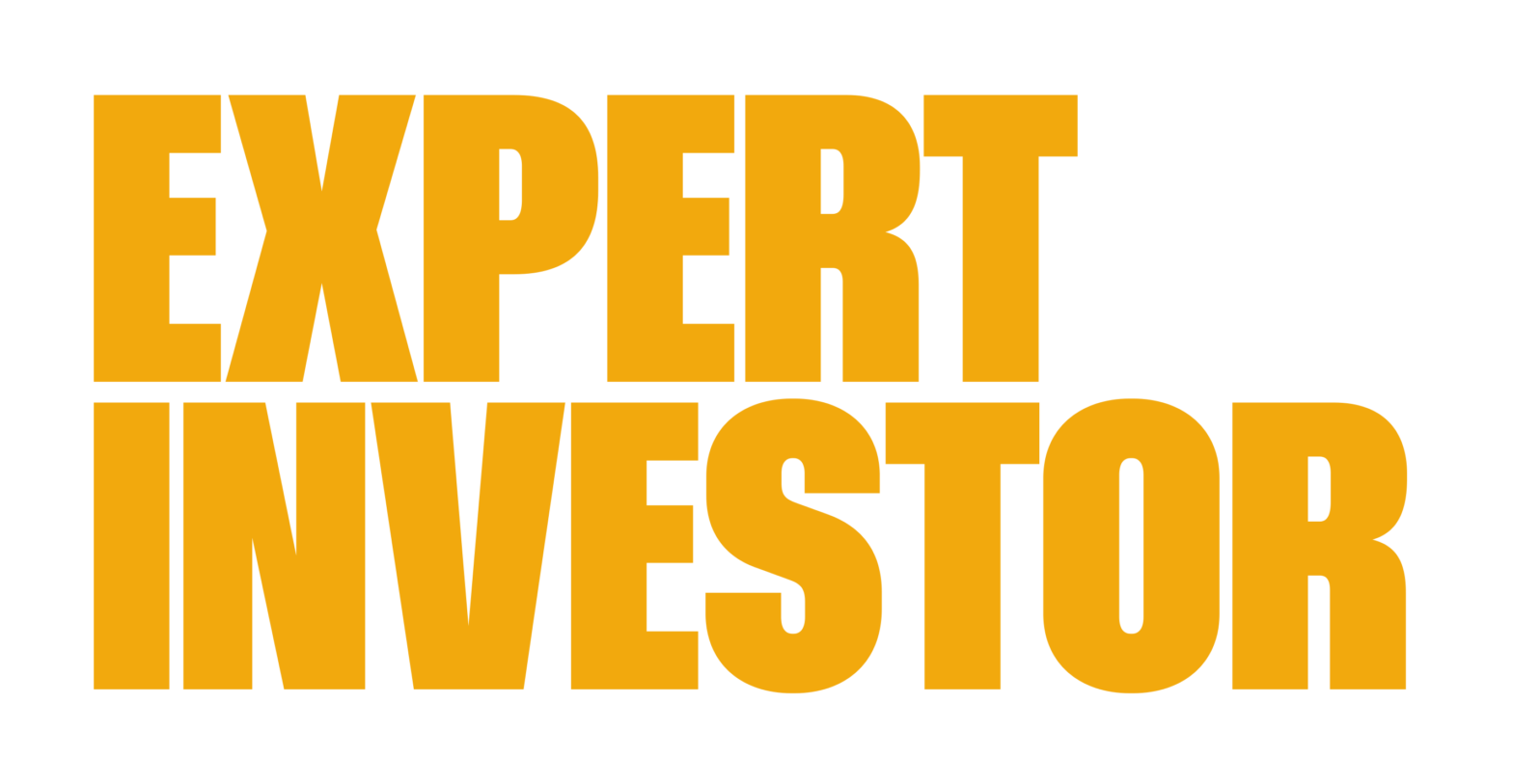Active share in moderation outperforms in Asian equities
Best-performing funds neither stray far from their benchmarks nor stay too close to them, but take the middle-road, according to FSA’s analysis of Asia-Pacific ex-Japan equity mutual funds.

Best-performing funds neither stray far from their benchmarks nor stay too close to them, but take the middle-road, according to FSA’s analysis of Asia-Pacific ex-Japan equity mutual funds.

According to new research, active fund managers are doing their clients a disservice by hugging their benchmarks exactly at the wrong time: when volatility is at its highest.

Benchmarks are a vital part of the asset management sector. Funds are measured against them, bonuses worked out in relation to them and entire sectors of the industry predicated upon them. But, if recent trends are extrapolated outwards, the days of the benchmark in its current form should be numbered.

A poll conducted by Expert Investor last year among more than 60 European fund selectors showed that active share is an important fund selection metric for more than 80% of them. However, very few fund houses regularly update investors about the active share of their funds. Should they be more open?

Recent research by Martijn Cremers, who first coined the concept of active share back in 2009, shows that high active share (US equity) funds that trade relatively little have a better potential for outperformance than other funds. This could be the case because patience is often required to exploit market inefficiencies, Cremers told Expert Investor.

With returns from European equities distinctly harder to come by than during the QE inspired climb last year, active funds falling short in active share terms are going to find investors less forgiving.

Active managers are under fire from all sides. Regulators in the Nordic countries are leading the attack on closet trackers, and cheaper ETFs are eating market share. Fund selectors are looking on this favourably, though the asset management example is not followed by the wholesale sector in every European country.

At our Pan-European Congress in Rome, some 81% of delegates said they consider active share an important metric in their fund selection process. Here are some reasons why you should (not) care about active share.

For many fund selectors, active share has become an important benchmark tool. However, Arild Orgland, managing partner of Industrifinans in Oslo, believes a focus on active share could easily fool fund selectors. In a video interview with EIE’s Tjibbe Hoekstra, he explains why he thinks so.

The extent to which an investment fund’s portfolio deviates from its benchmark matters, say delegates at Expert Investor Europe’s Pan-European Congress in Rome.